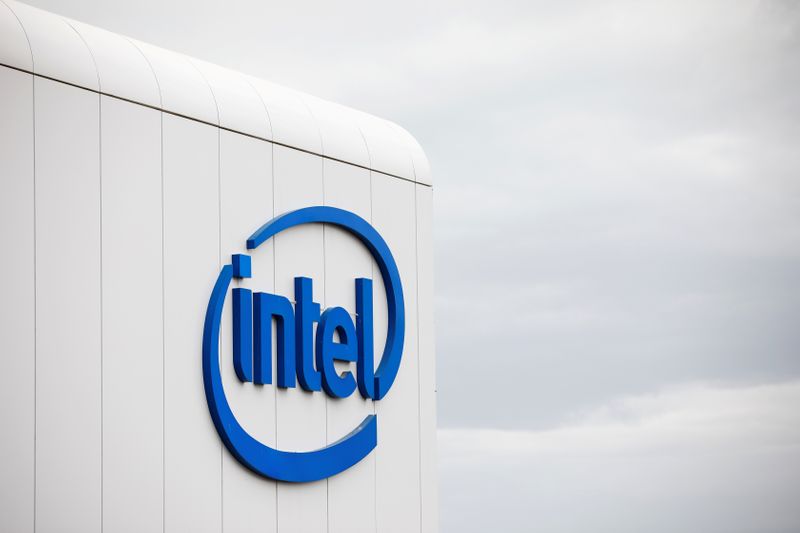By Andrew Chung
WASHINGTON (Reuters) - The U.S. Supreme Court on Wednesday refused to back stricter deadlines for workers to sue retirement plans over alleged mismanagement, ruling Intel Corp (NASDAQ:INTC) cannot avoid a suit accusing it of unlawfully making high-risk investments that cost retirement plan beneficiaries hundreds of millions of dollars.
The justices unanimously upheld a lower court decision that revived the proposed class-action lawsuit filed in 2015 by former Intel engineer Christopher Sulyma against the Santa Clara, California-based chipmaker. The justices rejected Intel's argument that Sulyma's lawsuit had been filed too late.
At issue was the time period for bringing a lawsuit alleging violations of the Employee Retirement Income Security Act (ERISA), a federal law that requires plan managers to invest prudently. Beneficiaries generally have six years to sue over ill-advised investment decisions. That deadline is cut to three years if a problem becomes known sooner.
Sulyma was backed by President Donald Trump's administration in the case. Sulyma's suit accused company retirement plans and administrators of breaching their fiduciary duty to the participants by placing an overly heavy emphasis on hedge funds and private equity, in contrast to peer funds.
Intel said that the investments were chosen to better diversify the plans' portfolios and urged that the case be thrown out. The fund participants knew of the issue more than three years before based on emails the company had sent with links to documents about the investments, thus missing the deadline for filing suit, Intel added.
Sulyma countered that while employed at Intel between 2010 and 2012 he was unaware of the alternative investments, that they performed poorly or even what hedge funds were. He said that he did not have "actual knowledge" of the alleged investment problems because he did not read the relevant documents that were only posted online.
The San Francisco-based 9th U.S. Circuit Court of Appeals in 2018 let the case proceed, ruling that the three-year deadline applied only if Sulyma was actually aware of the facts of a violation, not merely that those facts were available.
In Wednesday's ruling, the Supreme Court agreed.
"The question here is whether a plaintiff necessarily has 'actual knowledge' of the information contained in disclosures that he receives but does not read or cannot recall reading. We hold that he does not," Justice Samuel Alito wrote in the ruling.
In its appeal, Intel had warned that such a decision would make it too easy for a plaintiff to sustain a lawsuit simply by asserting "that he did not read the relevant plan documents, or simply that he cannot recall whether he saw them."

During December arguments in the case, conservative and liberal justices alike voiced doubt that most people read investment documents that companies send out.